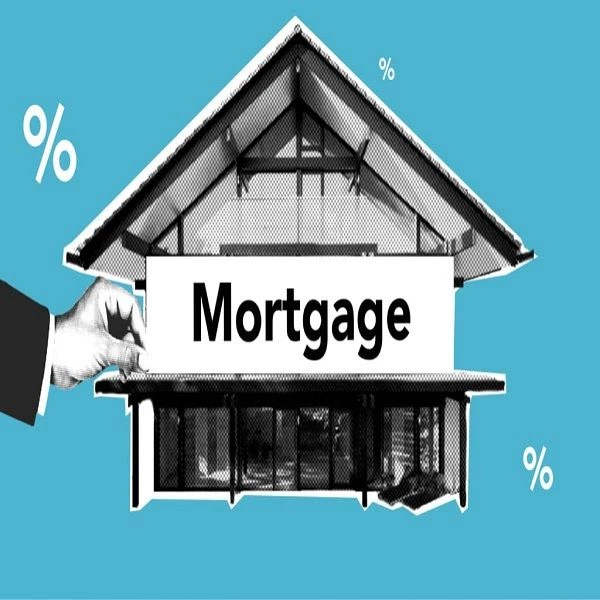How Does APR Work In A Mortgage Payment
When you shop around for a loan, you may encounter the term APR or annual percentage rate. Some people think that interest rates and APRs are the same, but in reality, there are subtle differences between the two.
This article will explain what an APR is, how it's calculated and applied when deciding which loan is best for your goals.
What is APR?
Homebuyers usually look at interest rates attached to loans and pick the ones with the lowest rates. However, the lowest rate doesn't always mean it's the most affordable loan. Relying solely on interest rates to determine affordability ignores other factors like fees attached to the mortgage.
However, when looking at the annual percentage rate, you'll have a more precise and complete picture of how much a loan will cost you.
In other words, APR lets you know all your loan expenses beyond just the interest rate.
What's the Difference Between APR and Interest Rates?
An APR shows you how much it costs to borrow money yearly, and it's expressed a percentage similar to how an interest rate is expressed. The difference, however, is that an APR is more inclusive and will always be a higher number than your interest rate. This is because the APR includes both the loan's interest rate plus origination fees and closing costs.
With this in mind, it is better to evaluate a loan based on its APR rather than just the interest rate.
How APRs Affect Your Mortgage Payments
APRs directly affect how much you pay on your loan. A higher APR means you pay more for your loan because it represents the overall expenses included in the loan.
Calculating all of these factors can get overwhelming, which is why it's best to work with a trusted loan advisor. They do all the heavy lifting while you reap the benefits of saving on time and money.
Types of APRs
The two types of APRs are fixed and variable APRs.
Fixed-rate APRs, as the name implies, don't fluctuate due to economic factors. You always know how much you'll pay monthly since your loan's APR doesn't change, making budgeting easier than with variable APRs.
A variable APR tends to fluctuate over time, and they are usually tied to a specific index interest rate, usually the U.S.prime rate. Check your loan agreement to determine when your variable APR may change, how often, and what range it can go up.
Variable rates are attractive since they typically start lower than fixed APRs. However, it's advised that you prepare your budget for the rate increases ahead.
Get Answers APR and Other Mortgage Factors
APRs are just one factor to consider when choosing the best mortgage for you. And having the proper understanding of how they all impact your mortgage payments and financial health helps you make the best decision.
We're here to help! You can get in touch with our loan advisors to know more about APR and how you can choose the best mortgage for your next home.


